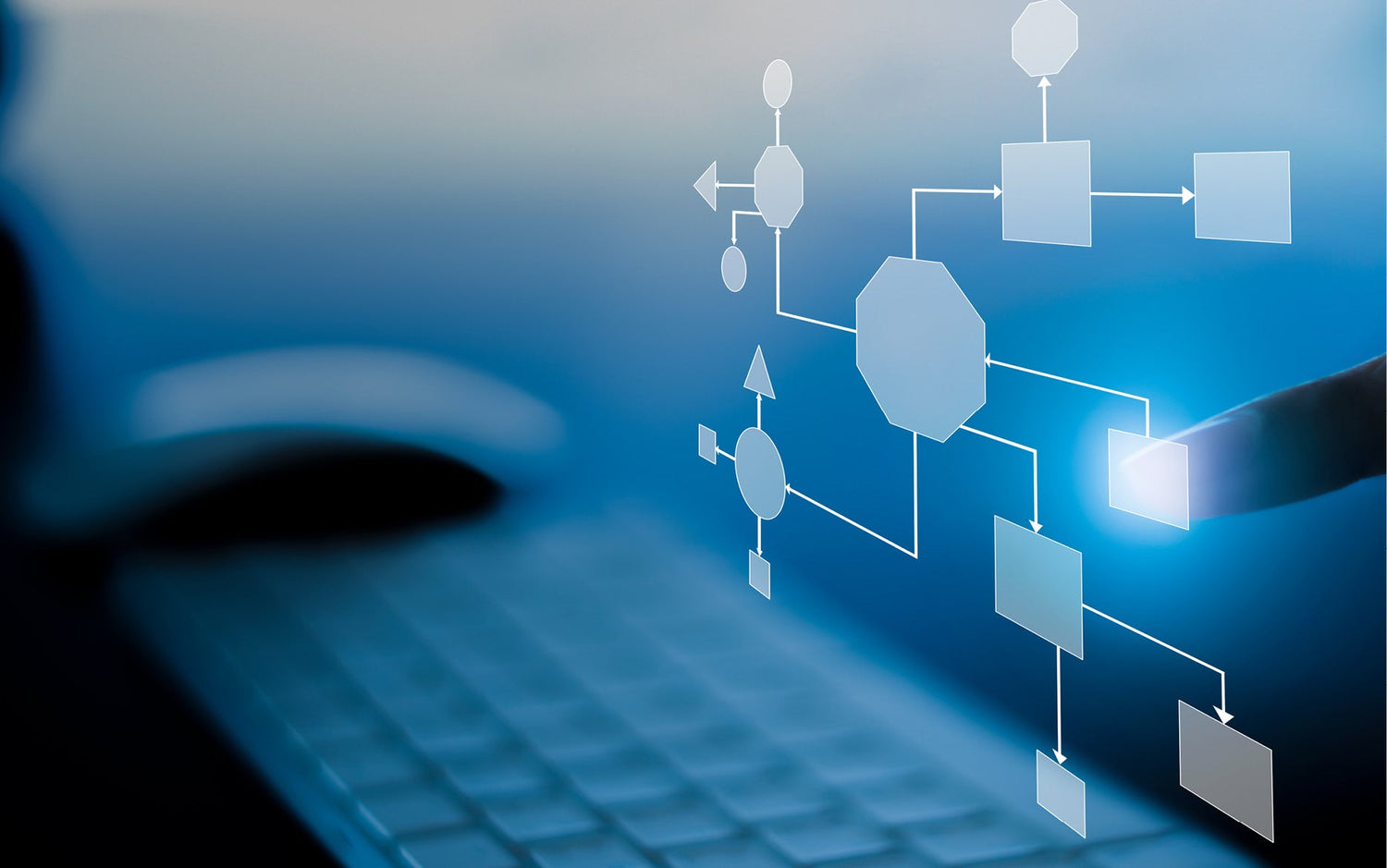Cleaning companies need a reliable on-site overview of the status of the equipment fleet and the current locations of the machines . However, this is made more difficult by different company locations, multiple floors in a building or confusing terrain. Regular maintenance and locating a device if it is lost are also difficult in these cases.
The aim of efficient fleet management is to make cleaning processes more reliable. This requires holistic, forward-looking solutions. The advantages:
- Improved coordination of personnel and equipment
- Increased availability of machines
- Improved protection against misuse and theft
What is fleet management?
By definition, the term “fleet management” refers to the management of a company’s fleet so that it remains efficient and cost-effective. In the cleaning industry, in addition to vehicle management, inventory recording and management of cleaning machines are also included.
Thanks to comprehensive automation, employees should be able to concentrate fully on their core competencies, i.e. building cleaning, in order to increase productivity.
What tasks does fleet management include?
In small companies, the office management function usually handles fleet management. For larger companies, however, it is advisable to have your own fleet manager. Or you can commission an external service provider to perform certain tasks, for example:
- Vehicle and device management
- Planning round trips and routes and scheduling drivers
- Order management
- Management of maintenance and repairs
- Data analysis and evaluation
How can you implement efficient fleet management?
Specific fleet management systems support you in recording all important information. These include, for example, the current locations of vehicles and cleaning devices or the devices' operating status and battery charge level. If you are not on site yourself, this data on the cleaning fleet will not be available and the maintenance effort will thus be increased. Therefore, you need remote access to the machine data.
Various manufacturers of cleaning machines and software providers have developed corresponding systems for the industry. This is how data is accessed, for example, by:
- Transmission of status data including the exact location of the individual cleaning device to a server cloud via a telematics box.
- Recording of machine data via a QR code that is attached to the device and scanned.
Incidentally, these solutions also work without the machines themselves being internet-enabled and equipped with smart technologies.
You can then access the data provided via a web-based platform or an app. Users see the exact information that is relevant to them. The focus for authorized users may vary depending on their role, for example, focus on fleet information, safety or reliability.
The availability of machines, operating hours and location changes can be easily tracked. Furthermore, transmitted maintenance and fault messages ensure that the machines are ready for use again quickly.

With the Nexaro HUB, you can also manage your robot vacuum fleet: thanks to the integrated 2G / LTE-M mobile phone connection, you always stay connected with Nexaro NR 1500 robots. These robots don't just suck up dust and dirt during cleaning, they also collect data, which they transmit to theHUB – securely and in a GDPR-compliant way.
The Pro.Multi license gives you full control over your robot fleet thanks to intuitive fleet management and extensive reporting. You can also use the central platform to organize your customers, their objects and the collaboration between cleaning staff and autonomous robot vacuums across different locations.
A fleet management system also allows you to precisely document and analyze the data.
Conclusion: Well thought-out fleet management saves money
A reliable fleet management system helps you keep an overview of your machines and the work they do. You can use the collected data to optimize cleaning processes and thusmake cost savings.
Digitalization has been part of the cleaning industry for a long time: thanks to smart helpers and artificial intelligence, you can automate processes and make them increasingly efficient.

